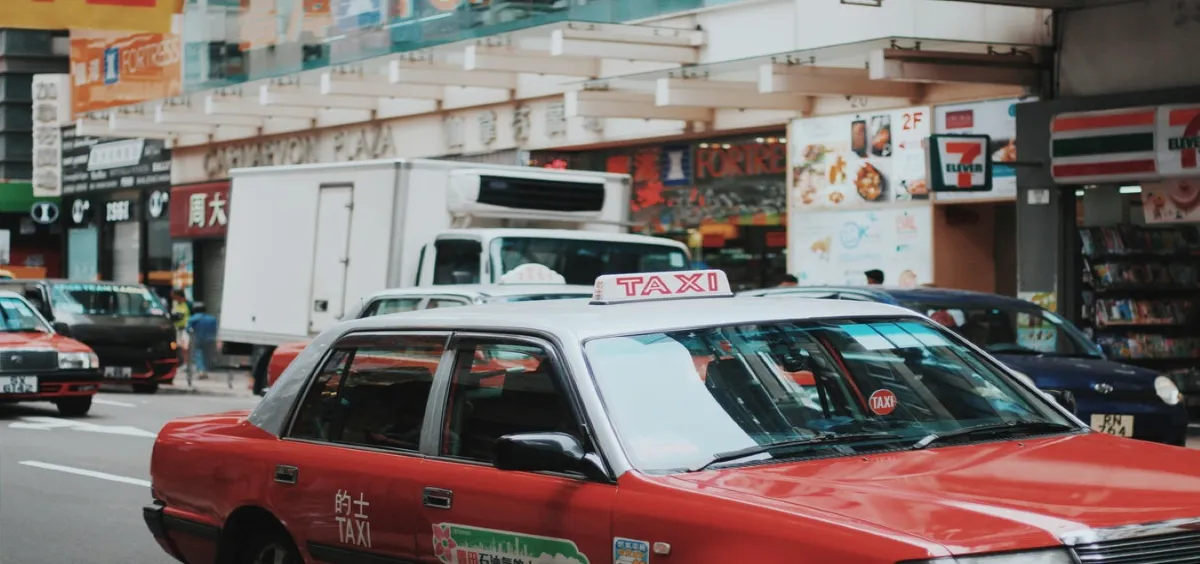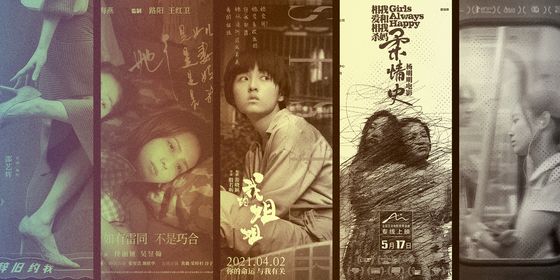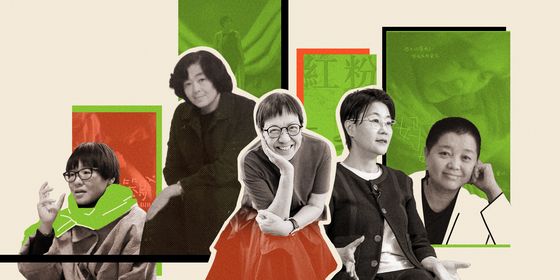English loanwords have changed this language of the Guangfu people and gangster films
For over a decade, The World of Chinese has been offering modern Chinese-language instruction from street talk to social phenomena to character tales. With 129 officially recognized dialects (方言), though, we have barely scratched the surface of everything there is to learn.
On select Fridays, TWOC will be presenting a basic lesson on speaking like a native of a certain region of China.
Cantonese (广东话), also known as the Yue language (粤语), is the mother tongue of the Guangfu people (广府人), as natives of Guangdong and Guangxi were historically known. It’s one of the seven major regional dialects of Chinese, and the official language of Hong Kong and Macau, where Traditional Chinese characters are still used.
Due to Hong Kong’s colonial past, the local Cantonese speech has been influenced by English vocabulary and pronunciations. This is shown in many of classic Hong Kong movies—for example, the famous line “You this damn carefree (你呢個死茄呢啡, nei5 ne1 go3 sei2 ke4 ne1 fe1)” from the 1999 film King of Comedy, directed by Lee Lik-Chi and Stephen Chow.

A screenshot of 2015 film Robbery, many mainlanders’ point of reference for Hong Kong Cantonese
In addition, Cantonese has its own grammar, syntax, and vocabulary:
1.The ordering of subject, object, and verb or adjective is often different from Mandarin. (You may also hear Hong Kong natives use some of these syntax orders in English.)
– You go first: the phrase is “You first go (你先走, nǐ xiān zǒu)” in Mandarin, vs. “You go first (你走先, nei5 zau2 sin1)” in Cantonese
– The wind outside is very strong: “Outside wind is very big” (外面风好大, wài miàn fēng hǎo dà) vs. “Outside is very big wind (出面好大風, ceot1 min6 hou2 daai6 fung1)”
– He gave me a book: “He gave me a book (他给了我一本书, tā gěi le wǒ yī běn shū)” vs. “He gave a book to me (佢畀本書我, keoi5 bei2 bun2 syu1 ngo5)”
– He is taller than me: “He than me taller (他比我高, tā bǐ wǒ gāo)” vs. “He is taller than me (佢高過我, keoi5 gou1 gwo3 ngo5)”
– The moon looks very beautiful: In Mandarin, the phrase “月亮看上去好漂亮 (yuè liàng kàn shàng qù hǎo piao liàng)” uses the character 上 (shàng), meaning “up.” In Cantonese, “月亮睇落去極靚 (jyut6 loeng6 tai2 lok6 heoi3 gik6 leng3)” uses the character 落 (lok6), meaning “down.”
- Some words in Cantonese do not appear in Mandarin, and use Chinese characters that are no longer mainstream:
– 咁 (gam2) – “Therefore, so”
– 冇 (mo5) – “To not have [something]”
– 乜 (mat1) – A question word (“What?”) or expression of bewilderment (“Huh?”)
– 揾 (wan3) – “to find” - The biggest difference between Mandarin and Cantonese is the number of tones—four in Mandarin, nine in Cantonese: dark flat (阴平), dark rising (阴上), dark departing (阴去), light flat (阳平), light rising (阳上), light departing (阳去), upper dark entering (上阴入), lower dark entering (下阴入), light entering (阳入).
- To make matters more confusing, tone marks, represented by Arabic numerals, only go up to 6, as tones 7, 8, and 9 are technically versions 1, 3, and 6 with longer vowels: 詩 (si1, poem), 史 (si2, history), 試 (si3, experiment), 時 (si4, time), 市 (si5, city or market), 事 (si6, incident), 色 (sik1, color), 錫 (sek3, tin), and 食 (sik6, eat) are examples of the possible meanings of the same pronunciation spoken with each of the nine tones in Cantonese.
To prepare for your next trip to Hong Kong, or role in a gangster movie, arm yourself with following phrases by a native speaker:
- 收皮啦,你個扑街仔!
Sau1 pei4 la, nei5 go3 pok3 gaai1 jai2!
Get outta here, you poor bast–d!
收皮 (sau1 pei4), literally “collect skin,” means “shut up and get out of here.” 扑街 (puk1 gaai1) comes from the English phrase “poor guy,”and is usually a curse word.
2. 你唔好咁小學雞啦!
Nei5 m4 hou2 gam3 siu2 hok6 gai1 la1 !
Don’t be such a primary chick!
A 小學雞 (siu2 hok6 gai1), literally “primary school chicken,” is an immature person.
3. 家陣老笠,要錢定要底褲。
Ga1 jan6 lou5 lap1, yiu3 chin2 ding6 yiu3 dai2 fu3.
Robbing now, want money or panties.
This is a cliched phrase that all Hong Kong muggers supposedly say: 老笠 (lou5 lap1) is an approximation of the English word “robbing,” and the approximate translation is “Your money or your dignity.”
4. 今次個比賽我符碌先贏到咋。
Gam1 chi3 go3 bei2 choi3 ngo5 fu4 luk1 sin1 ying4 dou3 ja3.
I won this tournament by a fluke.
符碌 (fu4 luk1) also originated from the English word “fluke,” meaning “accident.”
5. 我一陣間去銀行唱錢。
Ngo5 yat1 jan6 gaan3 heui3 ngan2 hang4 cheung3 chin4.
I’ll will go to the bank later to sing money.
唱錢 (cheung3 chin4), or “sing money,” is the currency exchange, derived from the phrase “change money” in English.
6. 唔好搞梗麼多花臣啦。
M4 hou2 gaau2 gang2 mo1 do1 fa1 san4 la1.
Don’t do so many fashions.
花臣 (fa1 san4), approximating “fashion” in English, means an unnecessary gimmick or extra feature.












